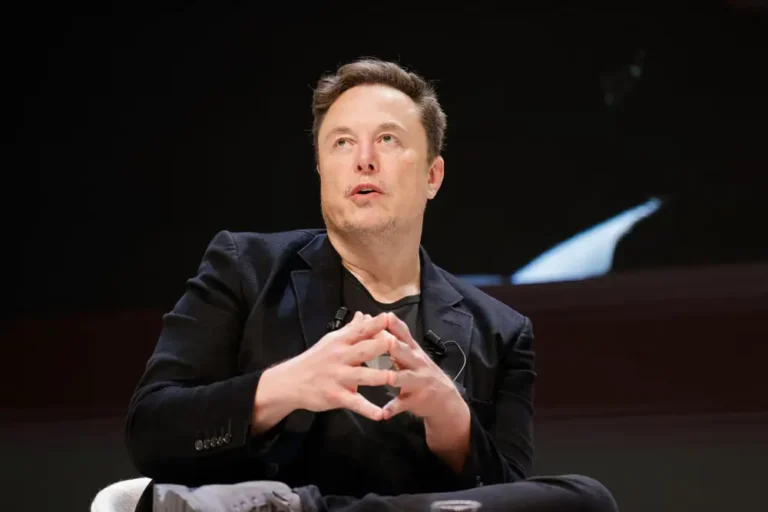Why the $72 billion software company Workday is psyched about DOGE

Workday’s CEO sees an opportunity with President-elect Trump’s plan to reshape the federal government.
As Elon Musk and Vivek Ramaswamy gear up to try to reshape large swaths of the federal government, one big software player sees an opportunity.
Workday, the human resources software company that workers love to hate, is embedded in more than half of Fortune 500 companies. The $72 billion company has been building up its government customer base, from Oklahoma’s Tulsa County to the US Department of Energy. In 2022, Workday was approved to work with the federal government.
Now that Musk and Ramaswamy’s Department of Government Efficiency is set to advise President-elect Donald Trump on rescinding regulations and cutting administrative costs, Workday and other government vendors could stand to benefit.
On Workday’s Tuesday earnings call, CEO Carl Eschenbach addressed an analyst’s question about how DOGE could impact Workday’s business.
Eschenbach said more than 80% of the federal government’s HR systems are physically housed on local servers, what’s called “on-premises.” Companies and organizations have been steadily migrating from on-premises servers to the cloud for cost savings, better security, and efficiency, among other benefits.
“Post-election and with DOGE coming out, people are absolutely looking to drive more economies of scale and more efficiency. And I can tell you supporting these on-premises, antiquated systems is not a way to do that,” Eschenbach said.
Eschenbach added that federal agencies are at an “inflection point” and ready to move to the cloud — and Workday has a government-focused product to sell them.
“We think this will only be a tailwind for us as we think about the federal government business going forward,” he said.
Workday said in May that it would work with the Department of Energy and the Defense Intelligence Agency.
“These are critical wins for us and it’s actually driving demand for us in the federal government as people recognize Workday is really pushing hard into that market,” Eschenbach said on Tuesday’s call.
In the last quarter, Workday brought in $2.2 billion in revenue — a 16% increase from last year. The company does not break out revenue by customer type. Workday’s stock is up 14% in the last year.
The company did not respond to -17’s request for comment, sent outside business hours.
Last week, Musk and Ramaswamy named a number of DOGE’s targets in a Wall Street Journal opinion column: work-from-home arrangements, Planned Parenthood, the Corporation for Public Broadcasting, and general head count, among others.
“DOGE intends to work with embedded appointees in agencies to identify the minimum number of employees required at an agency for it to perform its constitutionally permissible and statutorily mandated functions,” the pair wrote.
The federal government is the largest employer in the US, with a workforce of over 2 million Americans, so the group’s suggestions could have wide-ranging implications.
The Washington Post reported on Sunday that notable Silicon Valley figures — including the Palantir cofounder Joe Lonsdale, the investor Marc Andreessen, the hedge-fund manager Bill Ackman, and former Uber CEO turned food tech entrepreneur Travis Kalanick — have been involved in DOGE’s early planning.






